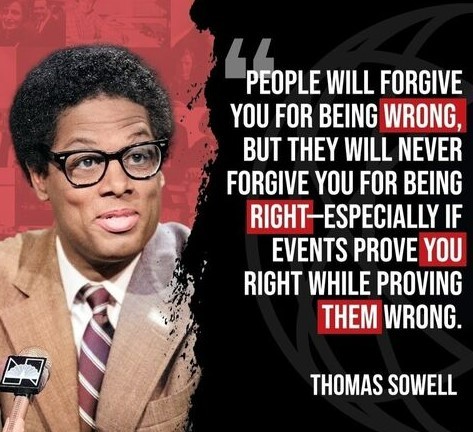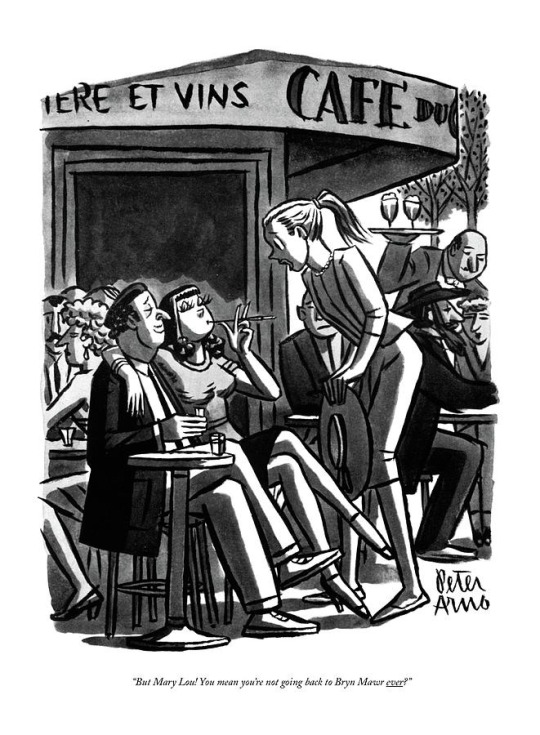Text
The defender of the free market is not someone who is peculiarly preoccupied with money or material wealth, he is someone who believes in the principle of individual human liberty in general, and simply does not make the sphere of material property an exception to that belief.
It is the opponent of the free market which has a unique preoccupation with, and focus upon money and material things: he must control them.
20 notes
·
View notes
Text
“For many artists and critics beauty is a discredited idea … The modernist message, that art must show life as it is, suggests to many people that, if you aim for beauty, you will end up with kitsch. This is a mistake, however. Kitsch tells you how nice you are: it offers easy feelings on the cheap. Beauty tells you to stop thinking about yourself, and to wake up to the world of others. It says, look at this, listen to this, study this - for here is something more important than you. Kitsch is a means to cheap emotion; beauty is an end in itself. We reach beauty through setting our interests aside and letting the world dawn on us. There are many ways of doing this, but art is undeniably the most important, since it presents us with the image of human life - our own life and all that life means to us - and asks us to look on it directly, not for what we can take from it, but for what we can give to it. Through beauty art cleans the world of our self-obsession. Our human need for beauty is not something that [we] could lack and still be fulfilled as people. It is a need arising from our moral nature. We can wander through this world, alienated, resentful, full of suspicion and distrust. Or we can find our home here, coming to rest in harmony with others and with ourselves. And the experience of beauty guides us along this second path..."
Roger Scruton (1944-2020) British Conservative Philosopher.
75 notes
·
View notes
Text
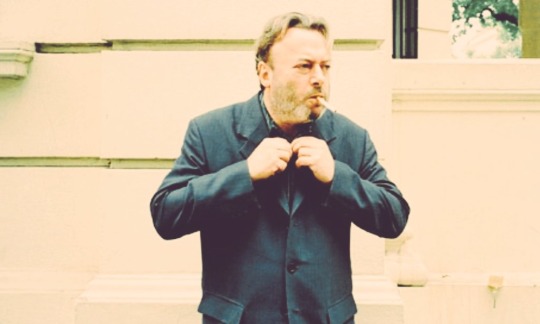
“I learned that very often the most intolerant and narrow-minded people are the ones who congratulate themselves on their tolerance and open-mindedness.”
- Christopher Hitchens
88 notes
·
View notes
Text
Social traditions, Burke pointed out, are forms of knowledge. They contain the residues of many trials and errors, and the inherited solutions to problems that we all encounter... Social traditions exist because they enable a society to reproduce itself. Destroy them heedlessly and you remove the guarantee offered by one generation to the next. In discussing tradition, we are not discussing arbitrary rules and conventions. We are discussing *answers* that have been discovered to enduring *questions*. These answers are tacit, shared, embodied in social practices and inarticulate expectations. Those who adopt them are not necessarily able to explain them
Roger Scruton (1949-2020) English Conservative philosopher
79 notes
·
View notes
Text
“Government exists to protect us from each other. Where government has gone beyond its limits is in deciding to protect us from ourselves.”
Ronald Reagan (1911-2004) U.S. president
The state is to protect us from force and fraud not from folly.
212 notes
·
View notes
Text
"Democracy can itself be as tyrannical as a dictatorship, since it is the extent, not the source, of government power that impinges on freedom."
-William F Buckley (1925-2008) American Conservative political commentator.
87 notes
·
View notes
Text
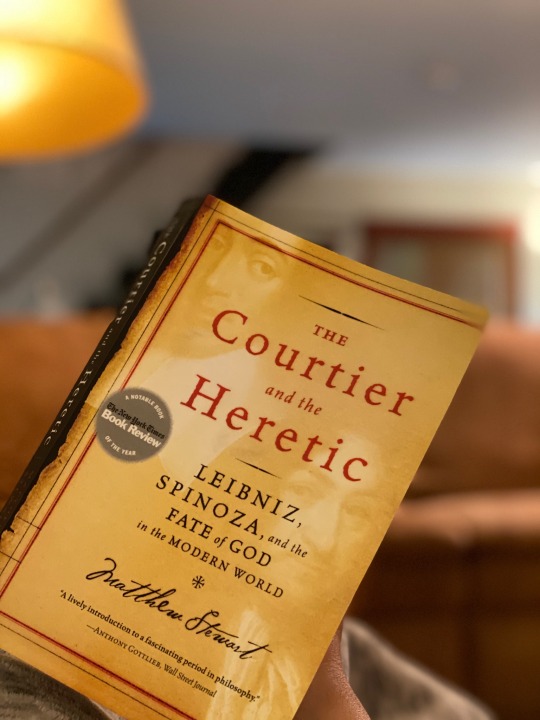
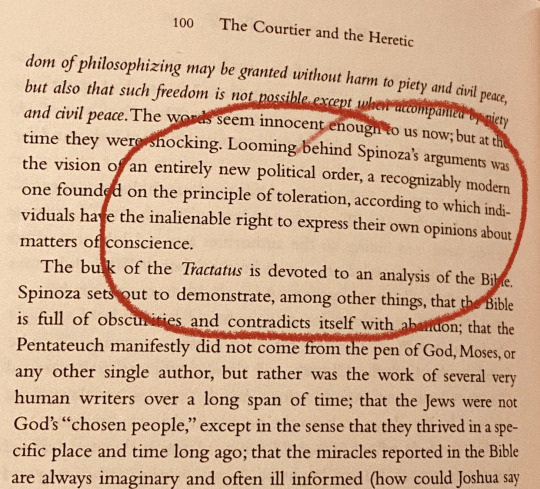
Spinoza argued for a social and political order where individuals have the “right to express their own opinions about matters of conscience.”
— Matthew Stewart.
3 notes
·
View notes
Text

1 note
·
View note
Text
“After experience had taught me that all the usual surroundings of social life are vain and futile; seeing that none of the objects of my fears contained in themselves anything either good or bad, except in so far as the mind is affected by them, I finally resolved to inquire whether there might be some real good having power to communicate itself, which would affect the mind singly, to the exclusion of all else; whether, in fact, there might be anything of which the discovery and attainment would enable me to enjoy continuous, supreme, and unending happiness.”
— Spinoza, The Treatise on the Emendation of the Understanding.
12 notes
·
View notes
Text
“A heretic is one who has his own opinions. What does having an opinion mean? It means following one’s own ideas, one’s own particular notions.”
— Jacque-Bénigne Lignel Bossuet (1627-1704), the Bishop of Meaux, as quoted in The Courtier and the Heretic: Leibniz, Spinoza, and the Fate of God in the Modern World by Matthew Stewart.
2 notes
·
View notes
Text
“Since, therefore, no one can abdicate his freedom of judgment and feeling; since every man is by indefeasible natural right the master of his own thoughts, it follows that men thinking in diverse and contradictory fashions, cannot, without disastrous results, be compelled to speak only according to the dictates of the supreme power.… [T]he object of government is not to change men from rational beings into beasts or puppets, but to enable them to develope their minds and bodies in security, and to employ their reason unshackled; neither showing hatred, anger, or deceit, nor watched with the eyes of jealousy and injustice. In fact, the true aim of government is liberty.”
— Benedict de Spinoza, 1670.
1 note
·
View note
Text
Ahhh…so true.
The suppression of free speech rids the world of a particular error at the expense of empowering error in general.
52 notes
·
View notes
